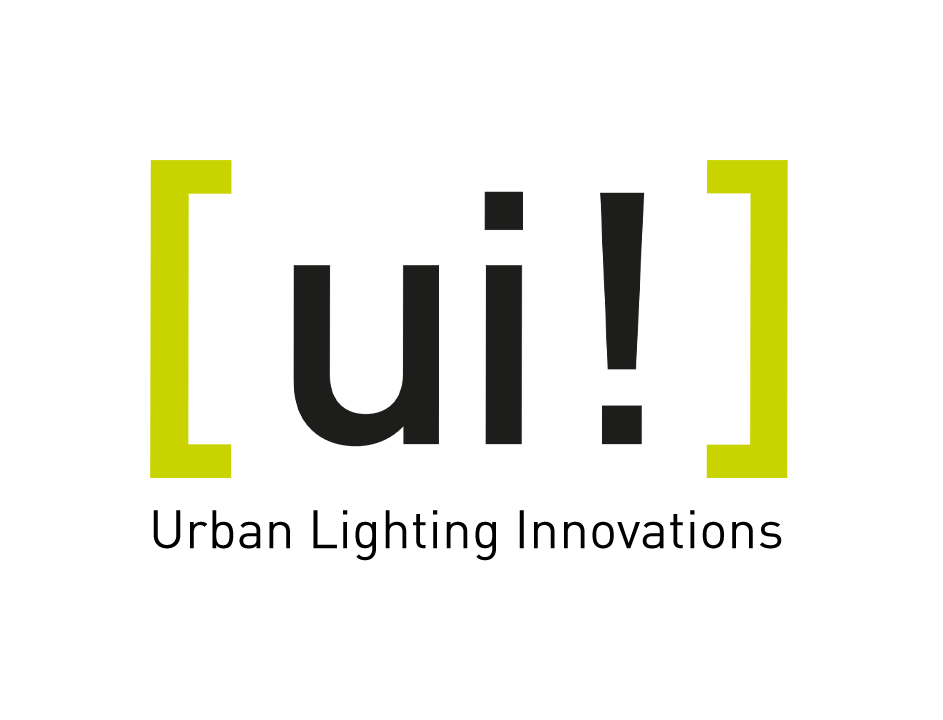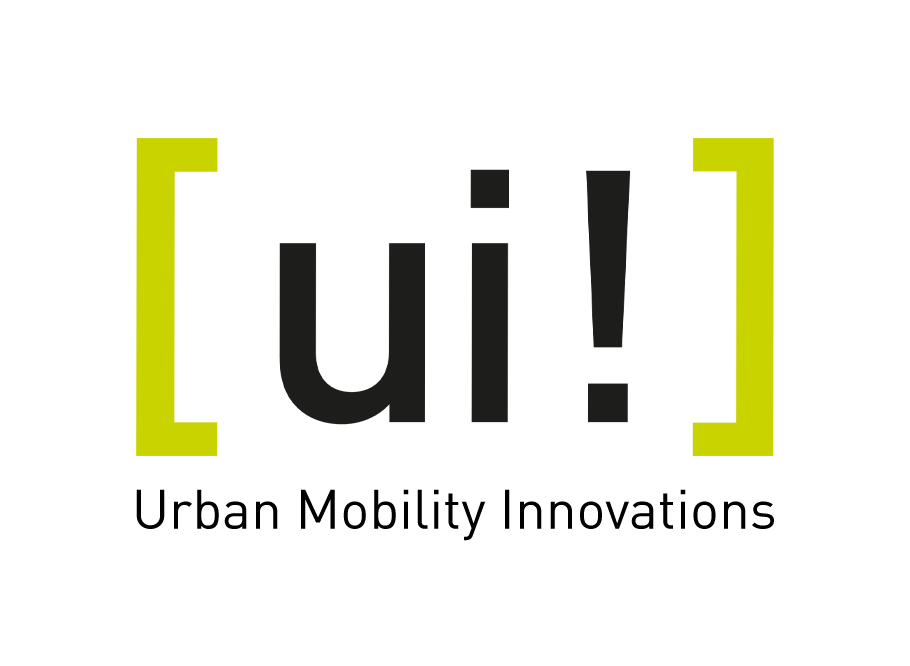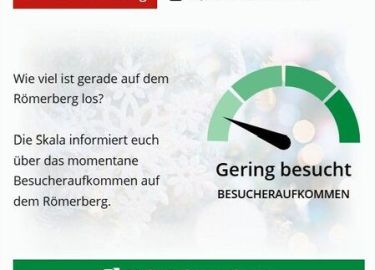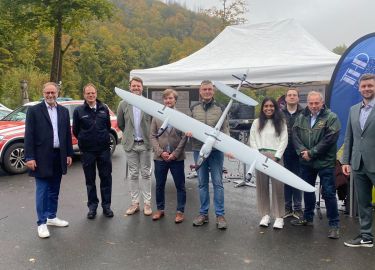Frankenberg/Eder is on its way to becoming a smart city with an open urban data platform
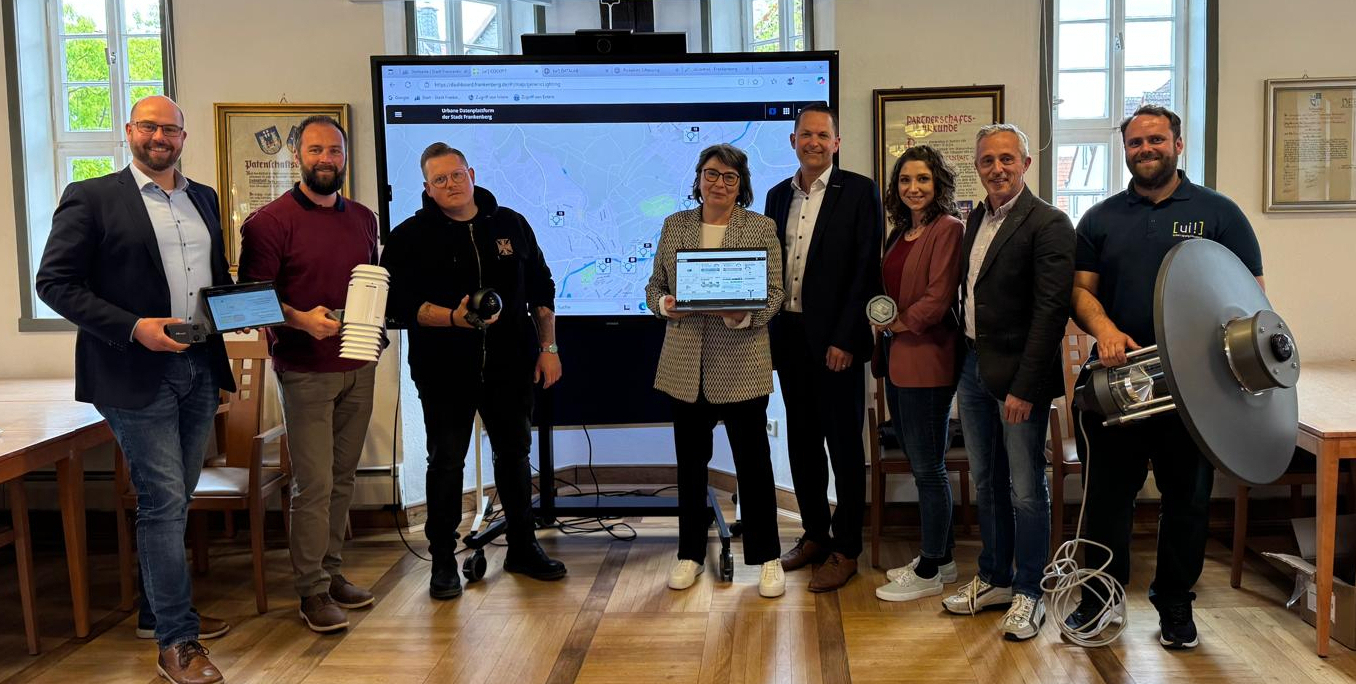
The town of Frankenberg (Eder) is sending a strong signal for digital urban development: as part of the funded project ‘Frankenberg – smart, connected, sustainable’, the municipality is promoting specific smart city applications based on the open urban data platform cosma21 from the municipal data centre ekom21. The project, with a total volume of around €2 million, is funded by the Hessian Ministry of Digitalisation and Innovation through the ‘Starke Heimat Hessen’ programme.
‘We are delighted to support Frankenberg on its journey to becoming a smart municipality with around €1.8 million from the “Starke Heimat Hessen” programme,’ said Digital Minister Prof. Dr. Kristina Sinemus.
Until September 2025, Frankenberg will collect and test a large number of innovative use cases as part of the project to make digitalisation tangible for citizens and administration fit for the future. The cosma21 platform is based on [ui!] UrbanPulse and serves as a digital hub: it combines data from various sources, analyses it and presents the information gained in a clear manner, thus supporting data-based decisions by municipal authorities to optimise processes and as a strategic control instrument.
Concrete implementation: digitalisation with real added value
Smart Parking
Sensors have been installed by [ui!] Urban Lighting Innovations at several public car parks and motorhome parking spaces to record occupancy in real time. This makes it easier to find a parking space and reduces inner-city traffic.
In future, the survey will provide reliable occupancy figures in real time for the two important inner-city car parks – true to the principle of ‘knowing rather than believing’. Citizens will be able to view occupancy on the city's dashboard and thus adjust their parking decisions, reducing traffic searching for parking spaces. If required, the system can also form the basis for a larger-scale parking guidance system in future.
The data collected will be publicly available via a dashboard in future – a real service benefit for visitors and locals alike.
Smart Lighting
Frankenberg is saving energy with the ‘light on demand’ principle: ‘smart LED lights’ that only switch on when movement is detected have been installed along cycle paths and in inner-city locations. This reduces light pollution, CO2 emissions and operating costs – without compromising safety. The new smart lights, which can also be controlled remotely and report problems independently, are already fully integrated into the data platform.
Based on the initial positive experiences with the smart lights from the funding project, the city has already had more installed using the same technology.
Smart infrastructure
he [ui!] Urban Lighting Innovations has installed important sensor systems to record air quality, weather data, water levels and waste bin fill levels, which are also analysed by the relevant municipal employees and partly passed on to the public COCKPIT.
Dashboard for transparency and participation
The public dashboard - also known as the COCKPIT - will in future provide citizens with a clear overview of all public data, giving them a clear, simple and concise overview of the city of Frankenberg's smart city activities.
A model for other municipalities
Frankenberg is playing a pioneering role in the district with its use of cosma21. Mayor Barbara Eckes emphasises:
„Frankenberg is leading the way with its smart city approach. The project results so far are opening the door to a connected city. In some areas, cross-municipal networking will certainly make sense in the future, because natural events such as flooding do not stop at city limits.“
In future, further applications are conceivable with the open urban data platform cosma21, such as in the area of smart environment, where noise pollution for the population and the associated health impacts can be recorded and analysed.
Similarly, winter road maintenance services can be informed about the current condition of road surfaces within the municipality and respond quickly and effectively.
Another useful application of data would be the use of air quality data such as temperature, ozone, particulate matter and NO2 to assess the current air quality within the municipality or neighbourhoods. In this context, the use of soil moisture sensors in municipal green spaces is also a sensible and necessary application scenario.
"With our use cases, we are currently not only collecting relevant data, but also gaining a wealth of experience that will benefit both the administration and the citizens. Looking to the future, further exciting applications are definitely conceivable," says Frankenberg's Smart City Manager Henning Huchthausen, looking ahead.
Frankenberg has set out on the path to becoming a smart city, and we are happy to accompany the innovative city on its journey together with ekom21.




